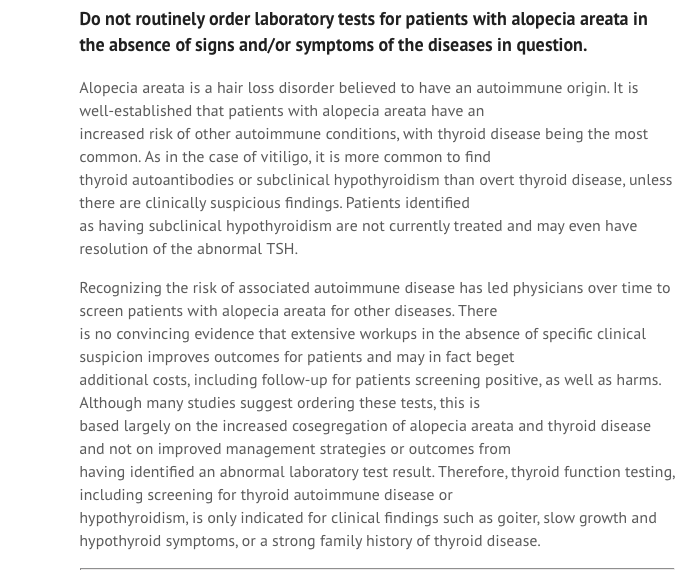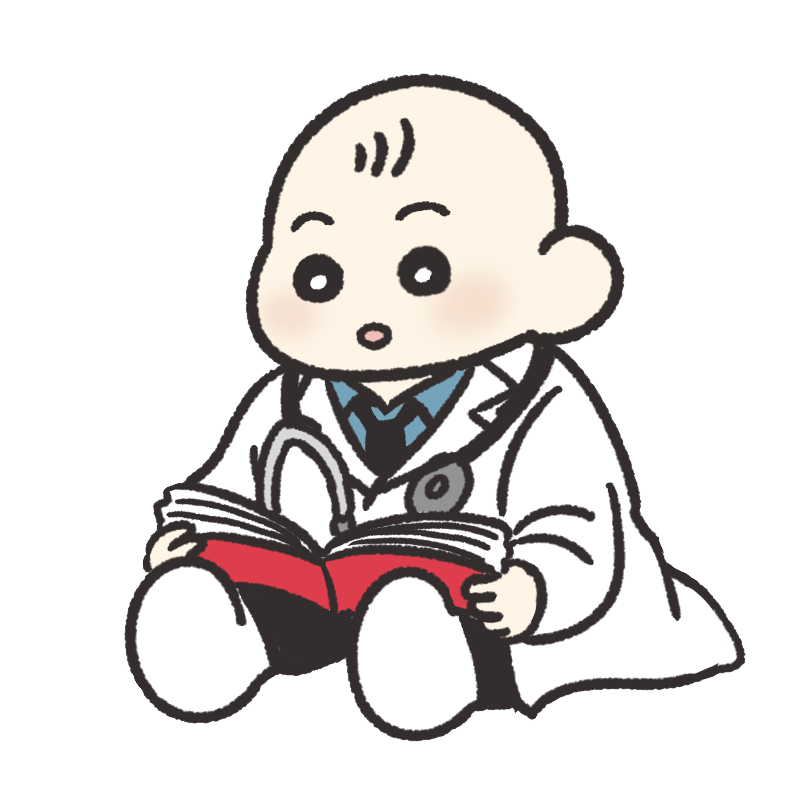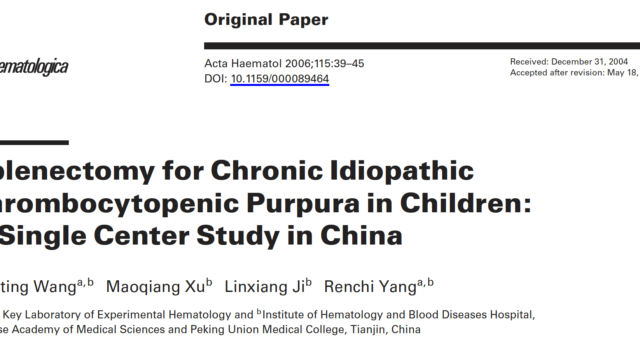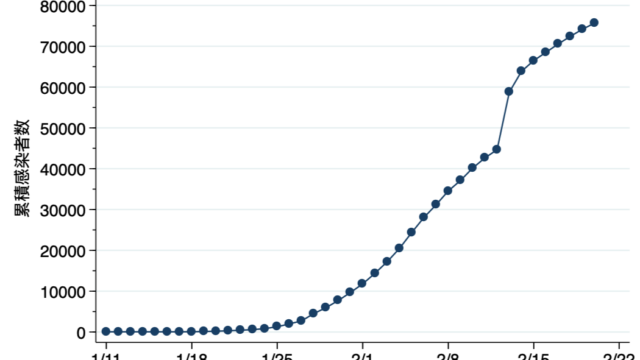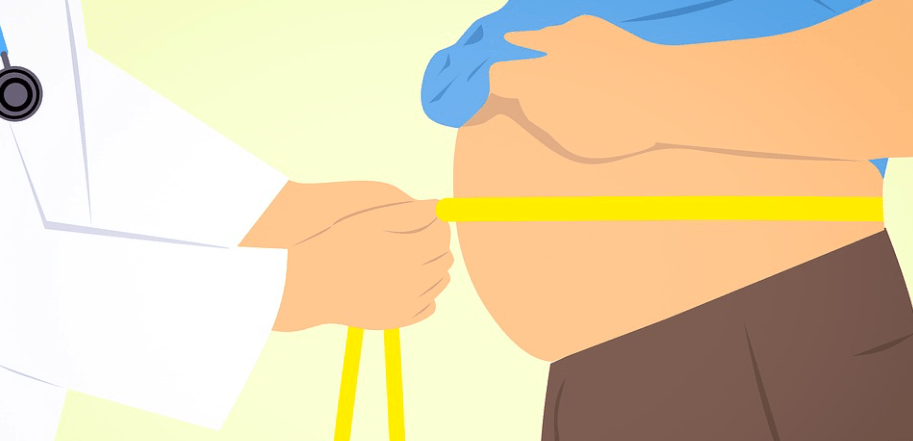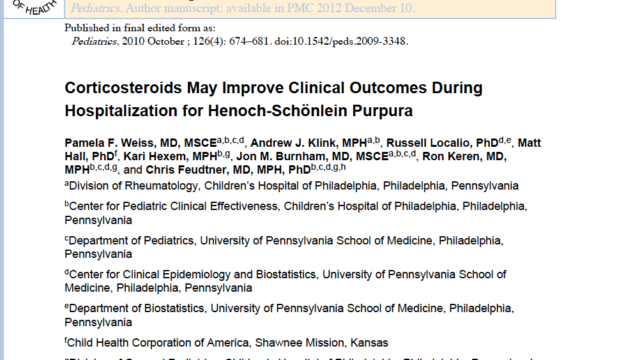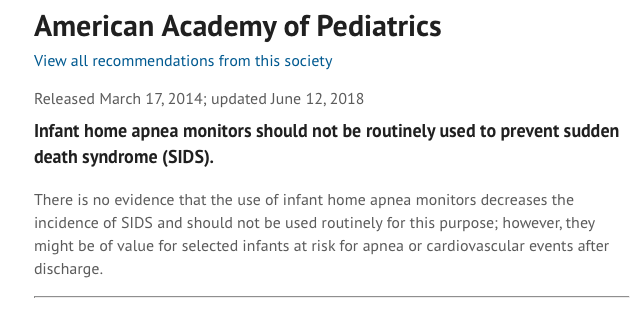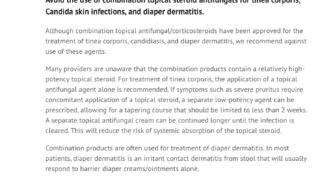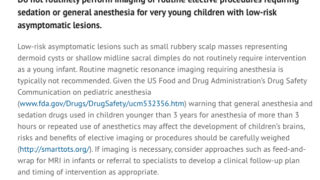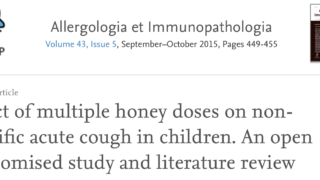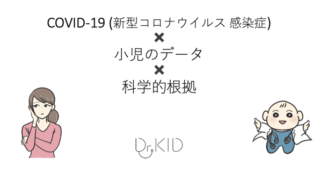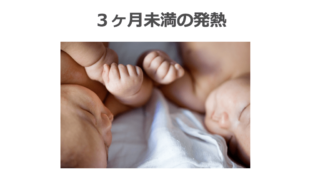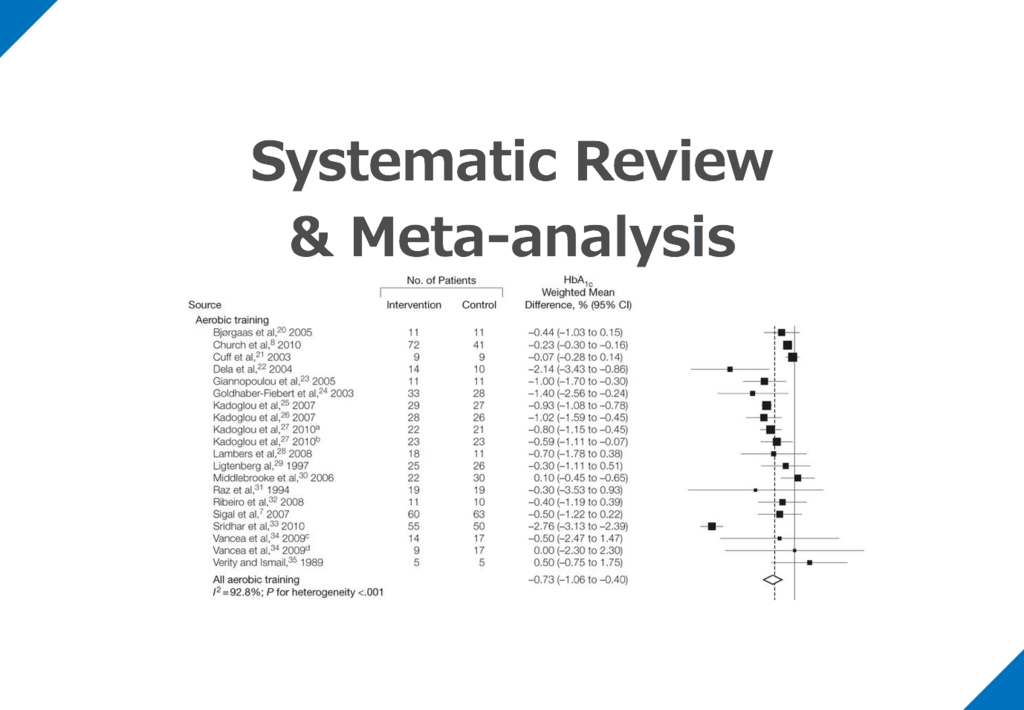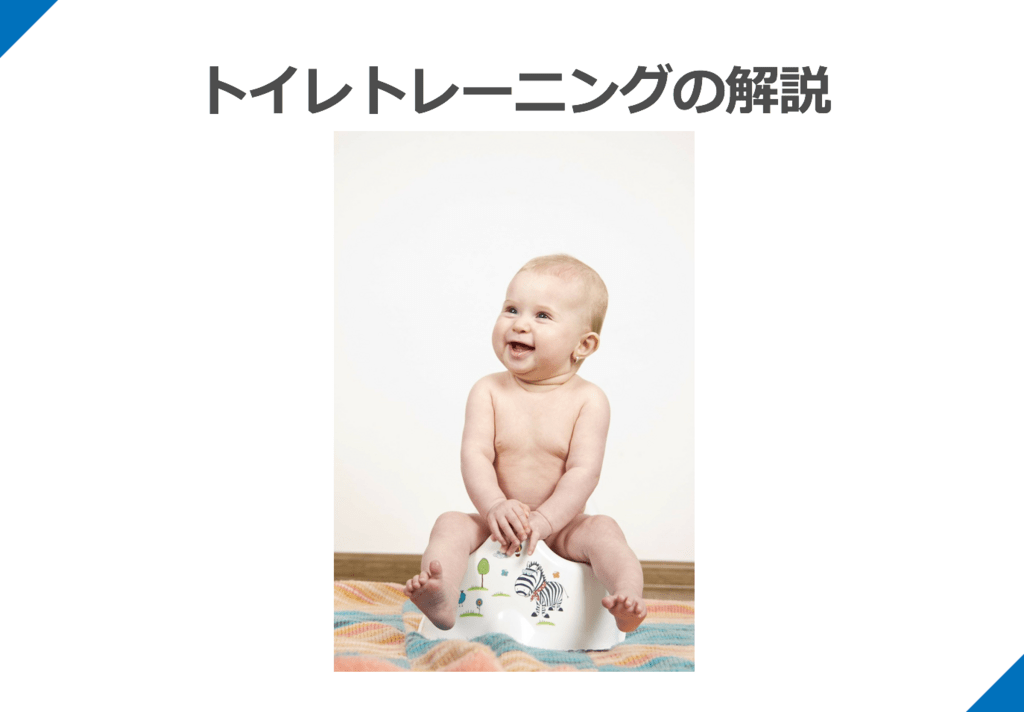今回は、小児の円形脱毛症と臨床検査に関してです。
この推奨を「choosing wisely」ではどのように記載されているのか紹介してみようと思います。
- Choosing wisely:小児の円形脱毛症と臨床検査
- 症状がない場合には、ルーチンで検査をしない
American Academy of PediatricsからのChoosing Wisely
円形脱毛症の患者に対して、問題となる疾患の徴候や症状がない場合には、ルーチンで検査をしない[Choosing wisely]
Do not routinely order laboratory tests for patients with alopecia areata in the absence of signs and/or symptoms of the diseases in question.
Alopecia areata is a hair loss disorder believed to have an autoimmune origin. It is well-established that patients with alopecia areata have an
increased risk of other autoimmune conditions, with thyroid disease being the most common. As in the case of vitiligo, it is more common to find
thyroid autoantibodies or subclinical hypothyroidism than overt thyroid disease, unless there are clinically suspicious findings. Patients identified
as having subclinical hypothyroidism are not currently treated and may even have resolution of the abnormal TSH.Recognizing the risk of associated autoimmune disease has led physicians over time to screen patients with alopecia areata for other diseases. There
is no convincing evidence that extensive workups in the absence of specific clinical suspicion improves outcomes for patients and may in fact beget
additional costs, including follow-up for patients screening positive, as well as harms. Although many studies suggest ordering these tests, this is
based largely on the increased cosegregation of alopecia areata and thyroid disease and not on improved management strategies or outcomes from
having identified an abnormal laboratory test result. Therefore, thyroid function testing, including screening for thyroid autoimmune disease or
hypothyroidism, is only indicated for clinical findings such as goiter, slow growth and hypothyroid symptoms, or a strong family history of thyroid disease.
円形脱毛症の患者に対して、問題となる疾患の徴候や症状がない場合には、ルーチンで検査をしない。
円形脱毛症は、自己免疫疾患に起因すると考えられている脱毛症です。円形脱毛症の患者は、他の自己免疫疾患のリスクが高いことが明らかになっています。甲状腺疾患をはじめとする他の自己免疫疾患のリスクが高まることが知られています。
尋常性白斑の場合と同様に、臨床的に疑わしい所見がない限り、明らかな甲状腺疾患というより、甲状腺自己抗体や潜在性甲状腺機能低下症が見つかることが多いです。患者は 潜在性甲状腺機能低下症と診断された患者は、現在治療を受けておらず、TSHの異常が解消されていることさえあります。
関連する自己免疫疾患のリスクを認識することで、医師は長い間、円形脱毛症の患者に他の病気がないかどうかをスクリーニングするようになりました。
しかし、臨床的に特別な疑いがないにもかかわらず、大規模な検査を行うことが患者の転帰を改善するという説得力のある証拠はありません。実際には、スクリーニングで陽性となった患者のフォローアップを含め、追加のコストがかかるだけでなく、有害である可能性もあります。
多くの研究がこれらの検査の実施を提案しているが、これは主に これは主に円形脱毛症と甲状腺疾患の併発が多いことに基づいており、検査結果の異常を確認することで管理戦略や転帰が改善されるというものではない。
これは主に円形脱毛症と甲状腺疾患の関連性の高さに基づくものであり、検査結果の異常を確認することで管理戦略や結果が改善されるというものではない。
したがって、甲状腺の自己免疫疾患や甲状腺機能低下症のスクリーニングを含む甲状腺機能検査は、甲状腺腫、成長の遅れ、甲状腺機能低下症の症状などの臨床的所見がある場合、あるいは甲状腺疾患の強い家族歴がある場合にのみ適応されます。
考察と感想
小児の円形脱毛症と臨床検査に関してでした。
確かに脱毛と甲状腺疾患の関連はよく言われていますが、どのくらいの頻度で、どのくらいリスクが上昇するのかというのは知っておいた方が良いのかもしれないですね。
参考文献も読んでみようと思います:
Patel D, Ping L, Bauer A, Castelo-Soccio L. Screening guidelines for thyroid function in children with alopecia areata. JAMA Dermatol. 2017;153(12):1307-1310
Kinoshita-Ise, M; Martinez-Cabriales S & Alhusayen, R. Chronological association between alopecia areata and autoimmune thyroid disease: a systematic review and meta-analysis. J Dermatol
2019; Aug 46(8): 702-709.
まとめ
今回は、小児の円形脱毛症と臨床検査に関するchoosing wiselyをご紹介しました。
これ以外にも項目が出ているようなので、コツコツと読んでいこうと思います。
(2025/04/01 02:28:12時点 Amazon調べ-詳細)
Dr. KIDの執筆した書籍・Note
医学書:小児のかぜ薬のエビデンス
小児のかぜ薬のエビデンスについて、システマティックレビューとメタ解析の結果を中心に解説しています。
また、これらの文献の読み方・考え方についても「Lecture」として解説しました。
1冊で2度美味しい本です:
(2025/03/31 05:29:51時点 Amazon調べ-詳細)
小児の診療に関わる医療者に広く読んでいただければと思います。
医学書:小児の抗菌薬のエビデンス
こちらは、私が3年間かかわってきた小児の抗菌薬の適正使用を行なった研究から生まれた書籍です。
日本の小児において、現在の抗菌薬の使用状況の何が問題で、どのようなエビデンスを知れば、実際の診療に変化をもたらせるのかを、小児感染症のエキスパートの先生と一緒に議論しながら生まれた書籍です。
noteもやっています
当ブログの注意点について
当ブログは医療関係者・保護者の方々に、科学的根拠に基づいた医療情報をお届けするのをメインに行なっています。参考にする、勉強会の題材にするなど、個人的な利用や、閉ざされた環境で使用される分には構いません。
一方で、当ブログ記事を題材にして、運営者は寄稿を行なったり書籍の執筆をしています。このため運営者の許可なく、ブログ記事の盗用、剽窃、不適切な引用をしてメディア向けの資料(動画を含む)として使用したり、寄稿をしないようお願いします。
ブログの記載やアイデアを公的に利用されたい場合、お問い合わせ欄から運営者への連絡お願いします。ご協力よろしくお願いします。
